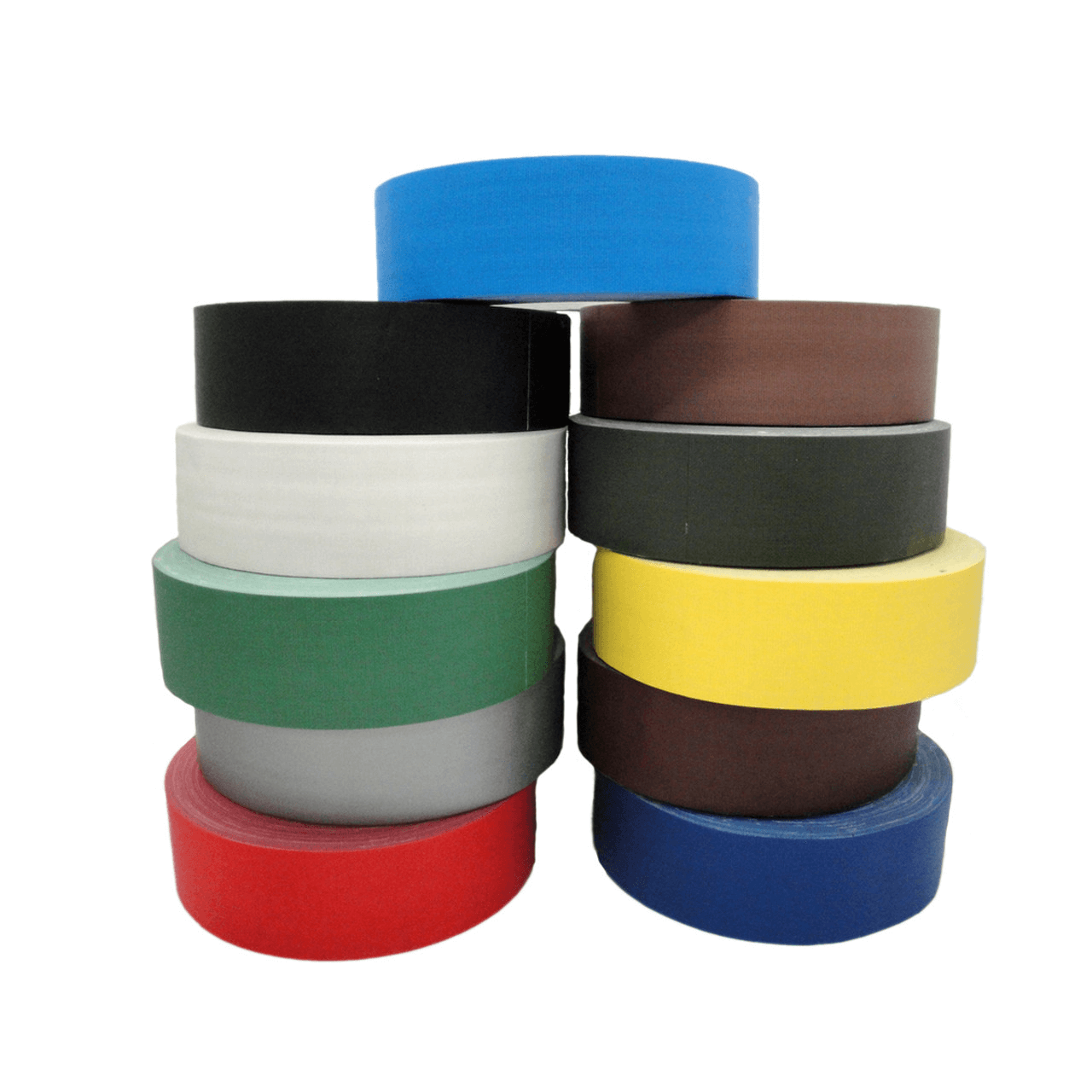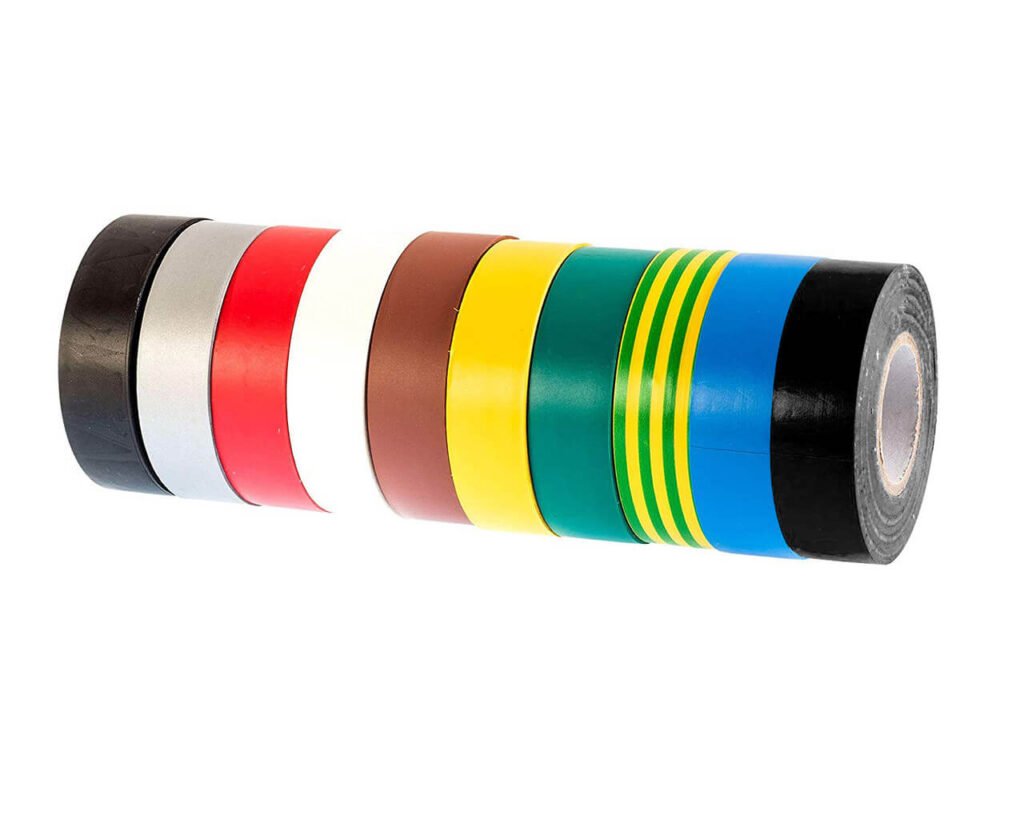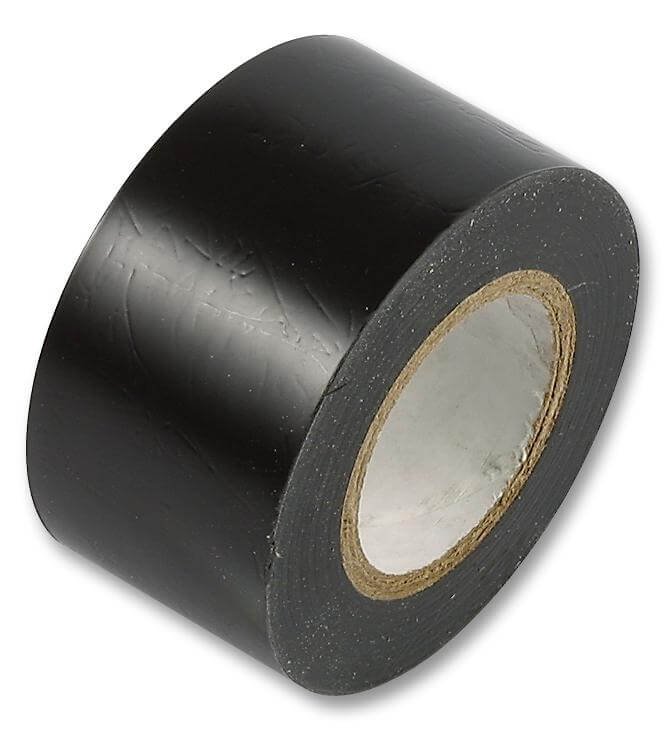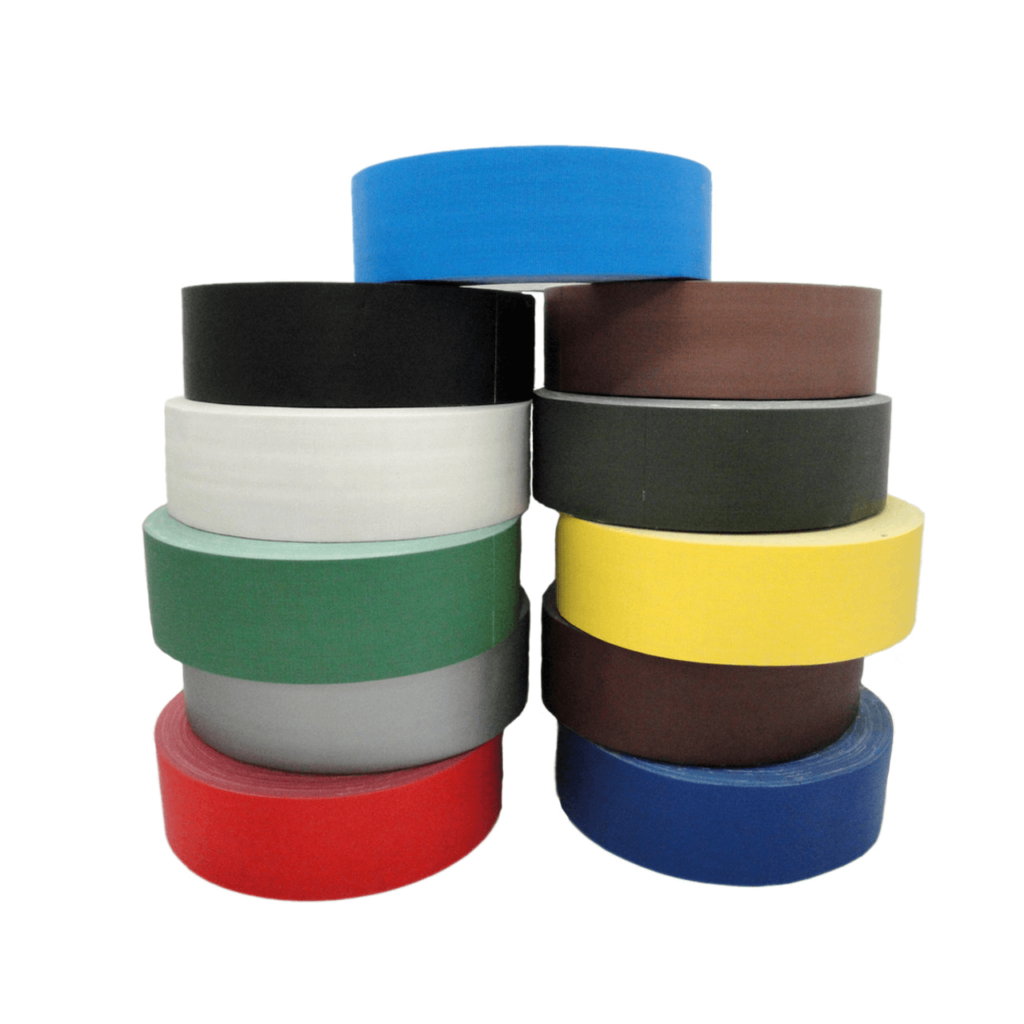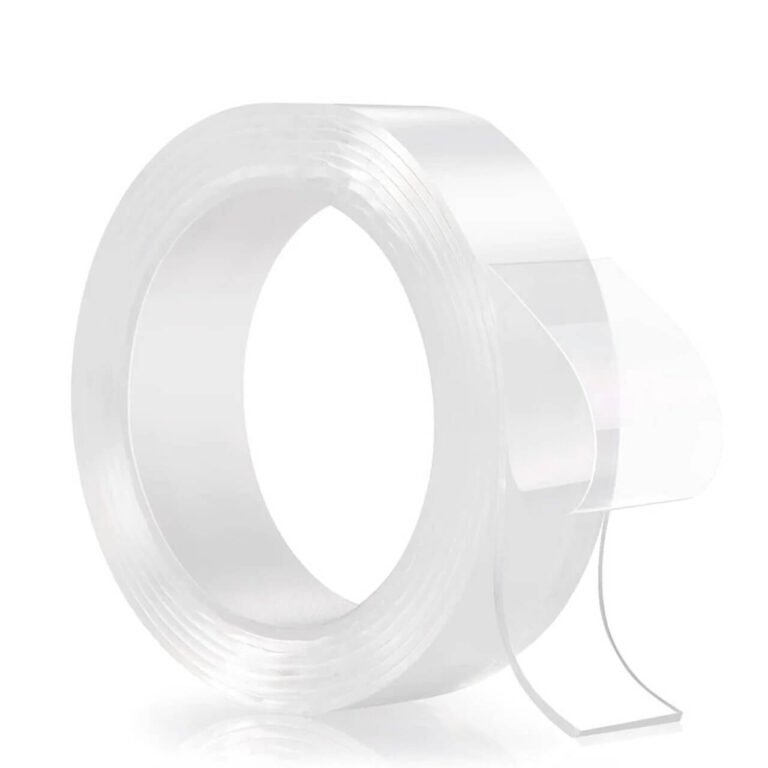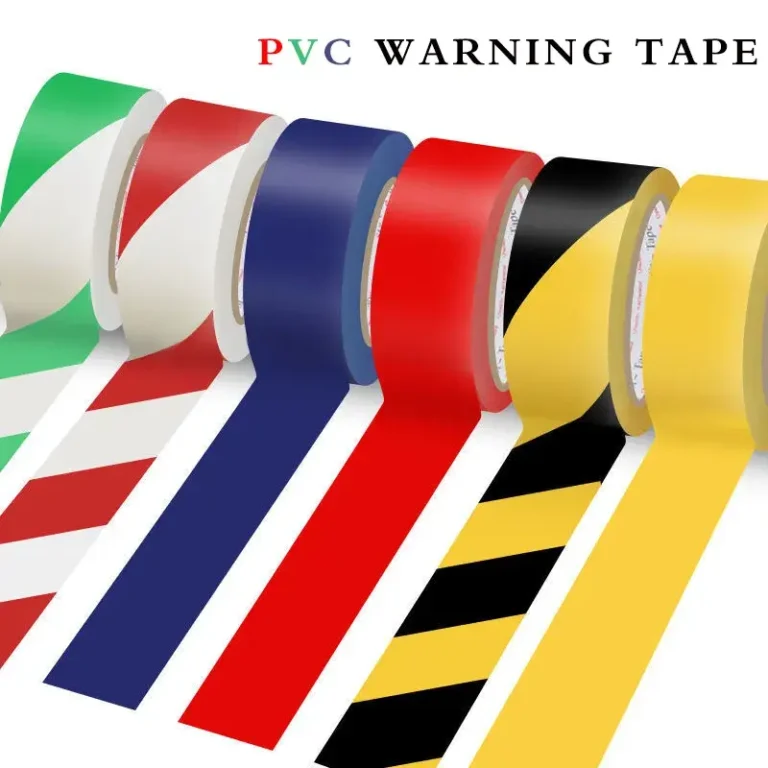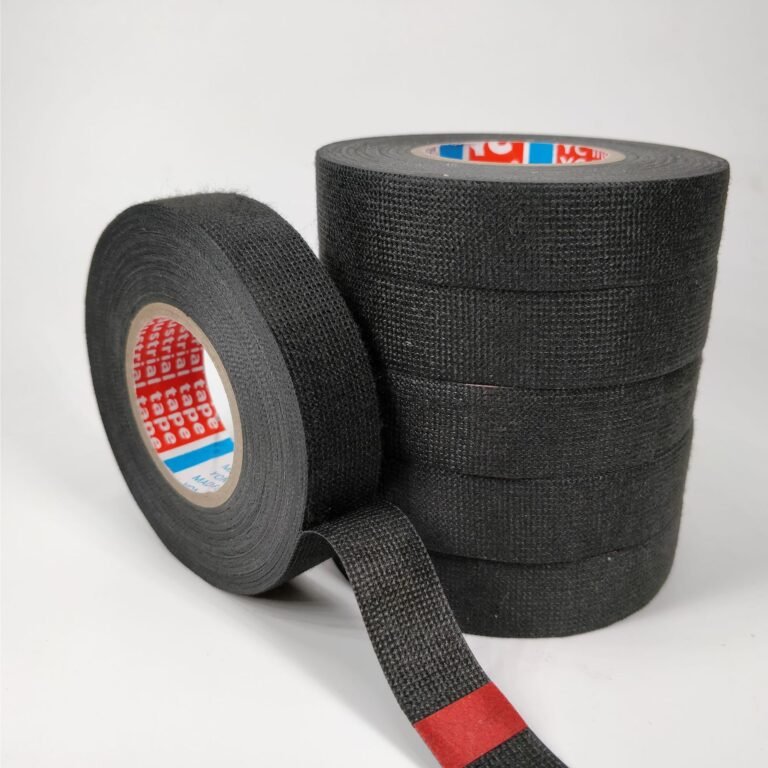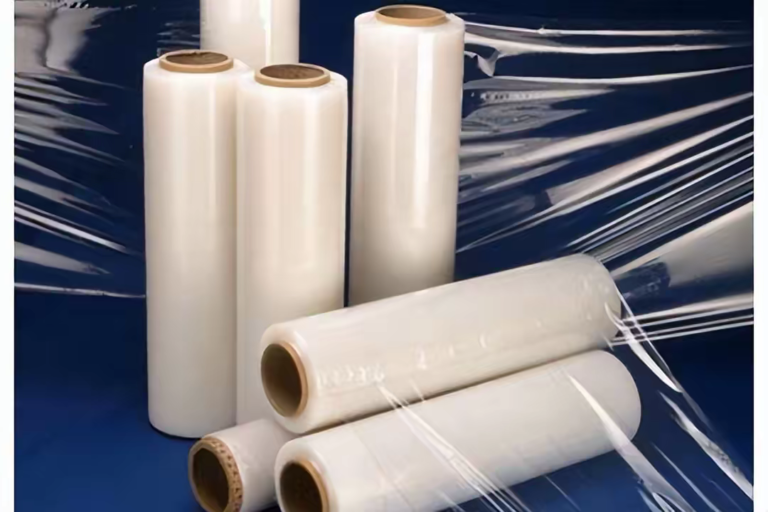Wande PVC Insulation Tape: Uses, Heat Resistance & Electrical Safety Guide
In electrical work, the question of “What tape should I use for insulation?” often leads to a tried-and-true solution: PVC insulation tape. Among industry leaders, Wande stands out for its premium PVC insulation tape, designed to meet the highest standards of safety, durability, and performance. This article explores the specifics of Wande’s PVC insulation tape, its unique advantages, and clarifies its role in heat management.
I. What is Insulation Tape?
Insulation tape, or electrical tape, is a critical component in electrical systems, serving to:
- Insulate Wires: Prevent electrical current from leaking to other components, reducing the risk of short circuits or electrical shocks.
- Secure Connections: Wrap joints and terminals to maintain stability and protect against environmental hazards.
- Color-Code Systems: Enhance safety and organization in complex wiring setups.
Wande’s Insulation Tape Portfolio includes PVC, rubber, and specialty tapes, with PVC being the most versatile and widely used.
II. Why Choose Wande’s PVC Insulation Tape?
Wande’s PVC insulation tape is engineered to excel in demanding electrical applications, backed by decades of manufacturing expertise:
1. Unmatched Durability
- Material Composition: Made from high-quality PVC film with a rubber-based adhesive, resisting abrasion, UV radiation, and mechanical stress.
- Longevity: Maintains integrity in indoor/outdoor environments, with a service life of 10+ years under normal conditions.
2. Exceptional Flexibility
- Conformability: Stretches up to 170% of its original length, easily wrapping around cables, connectors, or irregular shapes (e.g., splices, terminal blocks).
- Application Ease: Smooth unwind and hand-tearability for quick, tool-free installation.
3. Advanced Thermal and Electrical Performance
- Temperature Range: Withstands -18°C to 105°C (-0.4°F to 221°F), suitable for automotive, industrial, and residential wiring.
- Electrical Ratings: Provides 600V insulation, meeting global standards (e.g., UL 510, CE), and reduces capacitance between wires.
4. Chemical and Moisture Resistance
- Waterproof Seal: Resists moisture, oils, and common chemicals (e.g., solvents, acids), making it ideal for 潮湿 (damp) environments like basements, kitchens, or outdoor installations.
- Corrosion Protection: Forms a barrier against rust on metal connectors.
5. Color-Coding Solutions
Wande offers a wide range of colors (e.g., black, red, blue, yellow) for:
- Phase identification in 3-phase electrical systems.
- Ground wire marking (green/yellow).
- Safety warnings (orange, red) or system-specific labeling.
III. What Tape Should I Use for Insulation? A Wande Guide
Key Selection Criteria
| Application | Recommended Wande Tape | Core Features |
| General wiring (indoor/outdoor) | Wande Standard PVC Insulation Tape | 170% stretch, 600V rating, 10 mil thickness |
| High-temperature zones (e.g., engine bays) | Wande Heat-Resistant PVC Tape | Withstands 125°C/257°F, silicone-modified adhesive |
| Moisture-prone areas (e.g., marine, bathrooms) | Wande Waterproof PVC Tape | Reinforced backing, anti-corrosive adhesive |
| Industrial/heavy-duty use | Wande Heavy-Duty PVC Tape | tear-resistant, UV-stabilized |
When to Choose Specialty Tapes
- Rubber Tape: For high-voltage applications (1000V+) or temporary repairs.
- Fiberglass Cloth Tape: Extreme heat environments (up to 500°C/932°F), such as furnace wiring.
IV. Does Insulation Tape Keep Heat In?
Thermal Insulation vs. Electrical Insulation
- Primary Function: Wande’s PVC insulation tape is designed to prevent electrical current leakage, not to act as a thermal insulator. Its PVC material provides minimal heat retention, primarily serving as a barrier against heat transfer from wires (e.g., dissipating minor heat generated by current flow).
- Limitations: Not suitable for applications requiring significant heat retention (e.g., HVAC ducts, hot water pipes). For such cases, use Wande’s thermal insulation products (e.g., foam wrap, fiberglass insulation) designed to minimize heat loss/gain.
When Heat Management Matters
- Electrical Systems: Excessive heat in wires is a safety hazard (e.g., fire risk). Wande’s PVC tape helps maintain wire integrity but does not “trap” heat; proper ventilation and wire gauging are critical for thermal safety.
- Specialized Needs: For heat-sensitive applications (e.g., LED lighting, battery terminals), Wande offers thermal conductive tapes that safely dissipate heat while providing insulation.
V. Wande’s Commitment to Safety and Compliance
- Certifications: All Wande PVC insulation tapes meet or exceed:UL (Underwriters Laboratories) standards for flame retardancy (UL 510).
- RoHS compliance for environmental safety (restricted hazardous substances).
- CSA (Canadian Standards Association) for North American markets.
VI. Conclusion
Wande’s PVC insulation tape is the definitive choice for electrical insulation, combining durability, flexibility, and safety in one versatile product. While it offers some thermal stability, its core role is to ensure electrical systems operate safely and efficiently. For heat retention needs, trust Wande’s specialized thermal solutions.
Whether you’re a professional electrician, DIY enthusiast, or industrial installer, Wande provides the right tape for every application. Prioritize quality and compliance with Wande’s range, and ensure your electrical projects are both secure and code-ready.
Contact Wande today to explore our full line of insulation tapes and thermal solutions.

